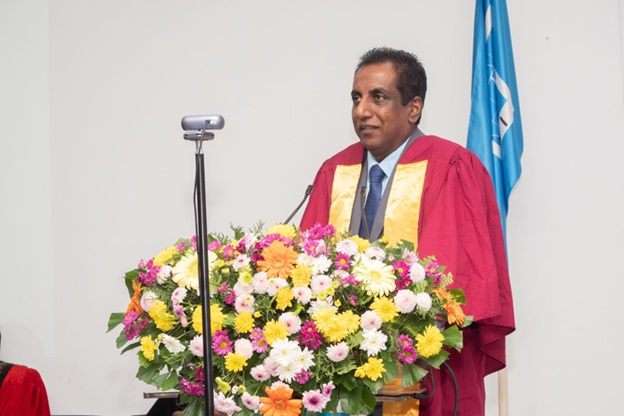The Eng. B. D. Rampala Memorial Oration 2024: A Call for Visionary Leadership in Sri Lanka’s Railways
By PUBLICITY DIVISION (IESL)
The Institution of Engineers, Sri Lanka (IESL) Mechanical Engineering Sectional Committee hosted the annual Eng. B. D. Rampala Memorial Oration on November 21, 2024, at the prestigious Wimalasurendra Auditorium. The event, a cornerstone in the IESL calendar, paid tribute to one of Sri Lanka’s most distinguished railway engineers, Eng. B. D. Rampala, and featured a thought-provoking oration by Eng. Prof. Amal Kumarage on the critical theme, “Without a Vision, the Railway Will Perish.”
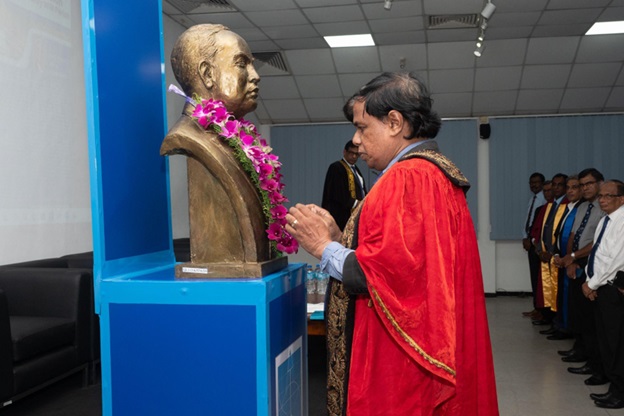
A Tribute to Eng. B. D. Rampala: Sri Lanka’s Pioneer in Railway Modernization
Eng. B. D. Rampala (1910–1994) remains an enduring icon of engineering and innovation in Sri Lanka. As the first Sri Lankan General Manager of Railways, appointed in 1955, he is celebrated for his transformative leadership in modernizing the Sri Lanka Railways (SLR). During his tenure, Rampala spearheaded groundbreaking changes, including the introduction of modern signaling systems, diesel locomotives, and upgraded passenger services.
One of his most notable contributions was the introduction of the “Ruhunu Kumari”, Sri Lanka’s first express train service. He was also instrumental in streamlining operations, improving track infrastructure, and enhancing passenger comfort, setting a standard for public transportation in the country. Rampala’s vision and technical acumen were pivotal in positioning the railway as a reliable and cost-effective mode of transport during his era.

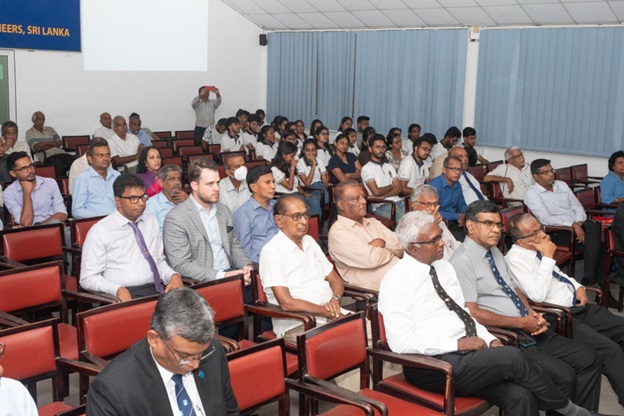
Eng. Prof. Amal Kumarage: A Visionary in Transport Policy and Planning
This year’s orator, Eng. Prof. Amal Kumarage, is a leading authority in transport engineering and policy in Sri Lanka. With a career spanning over three decades, he has contributed significantly to sustainable transportation planning and infrastructure development. A Professor in the Department of Transport and Logistics Management at the University of Moratuwa, Prof. Kumarage is renowned for his research and advocacy on developing efficient, equitable, and sustainable transport systems.
Prof. Kumarage has also served as a consultant to numerous international organizations, including the World Bank and the Asian Development Bank, and has been a key player in shaping national transport policies. His academic and professional accomplishments make him a fitting choice to deliver this year’s oration, addressing the critical need for visionary leadership in revitalizing Sri Lanka’s railways.
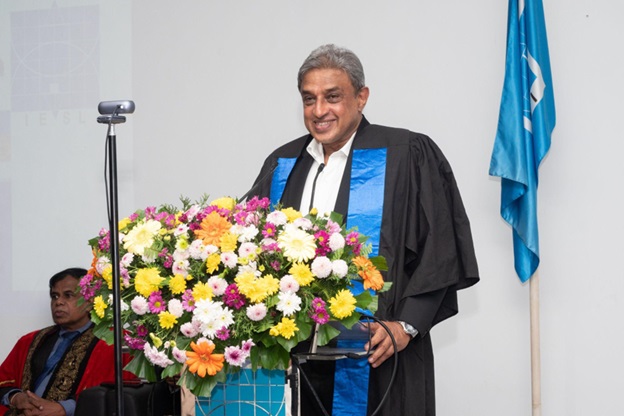
Without a Vision, the Railway Will Perish: A Wake-Up Call for the Nation
In his oration, Prof. Kumarage highlighted the growing challenges faced by Sri Lanka Railways, including underinvestment, aging infrastructure, and declining ridership. He stressed the importance of adopting a forward-thinking approach to overcome these issues and ensure the railway’s survival and relevance in the 21st century.
“Without a clear vision, the railway will inevitably perish,” Prof. Kumarage asserted, emphasizing the need for long-term planning and strategic investments. He drew parallels with successful railway systems worldwide, such as Japan’s high-speed rail network and Europe’s integrated rail services, which have thrived through innovative planning and execution.
Prof. Kumarage identified key areas for intervention, including:
- Infrastructure Modernization: Upgrading tracks, bridges, and signaling systems to improve safety and operational efficiency.
- Electrification: Transitioning from diesel to electric trains to reduce carbon emissions and operating costs.
- Integration with Other Modes: Developing multimodal transport hubs to enhance connectivity and convenience for passengers.
- Public-Private Partnerships: Encouraging private sector involvement to mobilize resources and introduce modern technologies.
He also underscored the importance of fostering a customer-centric culture within Sri Lanka Railways. “The railway must prioritize passenger needs, focusing on punctuality, comfort, and affordability,” he noted, adding that a shift in mindset is necessary to restore public confidence in rail travel.
Honoring a Legacy and Looking Ahead
The event attracted a diverse audience, including engineers, academics, policymakers, and students, all of whom shared a common interest in revitalizing Sri Lanka’s rail transport system. IESL President Eng. G R Jayalath, delivering the opening remarks, reiterated the significance of honoring Eng. Rampala’s legacy and leveraging his principles of innovation and service to address contemporary challenges.
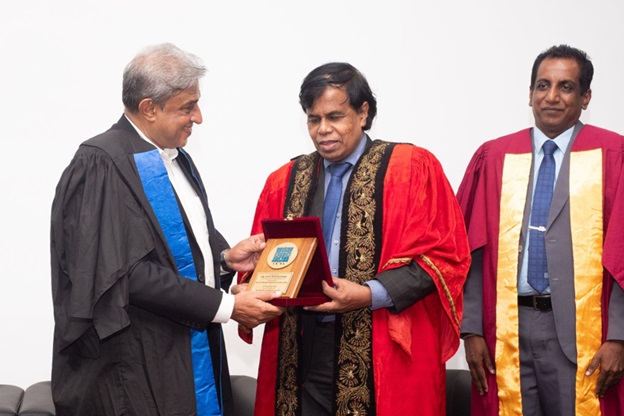
A Timely Reminder for Sri Lanka
The Eng. B. D. Rampala Memorial Oration serves as a reminder of the enduring importance of vision and leadership in shaping the future of public infrastructure. As Prof. Kumarage eloquently argued, the railway’s decline is not inevitable, but reversing it requires bold decisions, adequate investment, and a commitment to the public good.
The evening concluded with a vote of thanks from Eng. Ruwan Nagahawatta, Chairman of the IESL Mechanical Engineering Sectional Committee, who expressed gratitude to Prof. Kumarage for his inspiring presentation and to the attendees for their active participation.
The legacy of Eng. B. D. Rampala continues to inspire generations of engineers and policymakers. Events like this memorial oration not only honor his contributions but also spark critical conversations about the future of Sri Lanka’s transport systems. If the insights shared during the oration are heeded, Sri Lanka Railways has the potential to once again become a backbone of national development, echoing Rampala’s visionary spirit.
